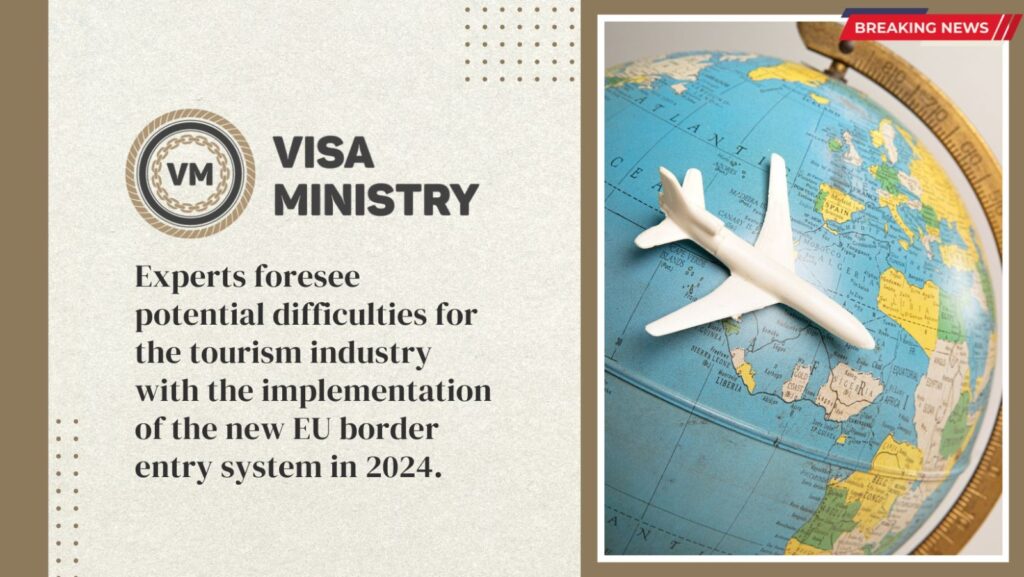Many tourists won’t be ready for the additional regulations brought on by the ‘ETIAS’ plan in 2024 when it goes into effect the following year. From January 2024, visitors from more than 60 countries who are presently permitted to travel visa-free through the Schengen area of the EU will need to apply for a travel authorization through the EU Travel Information & Authorization System, or “ETIAS,” before to departure.
This will include nations like Canada, Israel, Japan, New Zealand, South Korea, Singapore, and the United States, whose citizens are not accustomed to requesting permission to go to many other countries.
Even while the procedures are straightforward and approvals are expected to be swift, people without the proper ETIAS permission in place risk not being allowed to board their flights or being turned away at EU borders.
For advice on how our industry can get ready to prevent disgruntled customers, rebookings, and even requests for refunds as some travellers inevitably get rejected, forget to apply in time, or simply weren’t aware the changes had taken effect, we spoke with industry experts from across the travel spectrum.
The COO of travel search and booking technology supplier Vibe, Simon Goddard, issues a warning: “Given that this is a new requirement, intermediaries have got to be on top of their game warning their customers, or risk a lot of upset travellers and headaches.” The good news is that the customers should find the process to be simple and quick.
Christian Sabbagh from Travelsoft, the company that owns the travel technology platforms Travel Compostor, Traffics, and Orchestra, adds to this by saying, “Modern booking technology can assist make the entire visa process more easy, regardless of whether it’s for existing rules or new ones like the future ETIAS. To ensure consistent procedures and answers, staff training and clear instructions would both be beneficial. Anyone booking a vacation through a retail travel agent or tour operator worldwide anticipates receiving information on visa and entry procedures. It’s a big duty and a service that travel professionals offer.
Spencer Hanlon of the worldwide real-time payments platform Nium issues this warning: “For cases where travellers aren’t prepared, the knock-on effect for the travel industry will come in the form of cancellations and the inevitable requests for refunds.” While businesses should, of course, take every precaution to prevent this from occurring in the first place, he also advises that they “at the very least, make sure that your payments platform can seamlessly handle any volatility without costing you both lots of money and valuable time with every refund.”
Given that many visa-related procedures call for proof of insurance, Katie Crowe of travel insurer battleface believes that there may be a hidden benefit to this that will benefit people who provide travel insurance. However, she issues the following warning: “Such travellers are likely to choose basic or minimal policies simply to obtain their visa, so insurers will have to work harder to sell more relevant and reasonably priced policies instead of the rigid one-size-fits-all policies that travellers don’t understand or like.”
Although hotels are frequently required to provide proof of reservation letters and guidance on rules for visitors who are arriving by car or boat and as a result don’t look to the airline for support or use a travel agent, Adam Harris of Cloudbeds, the technology provider to independent hotels, notes that visa and entry requirements are not just a problem for travel sellers. According to Adam, this is a great opportunity to increase customer value and foster steadfast loyalty. Utilising guest engagement systems that enable automated pre-stay communications is advised.
According to Alex Barros of the hotel revenue management platform BEONx, “either by charging for a visa arrangement service or simply using the interaction to convert sales of other products, for example a transfer or room upgrade,” it is also possible to generate ancillary income.
Source- Travel daily
